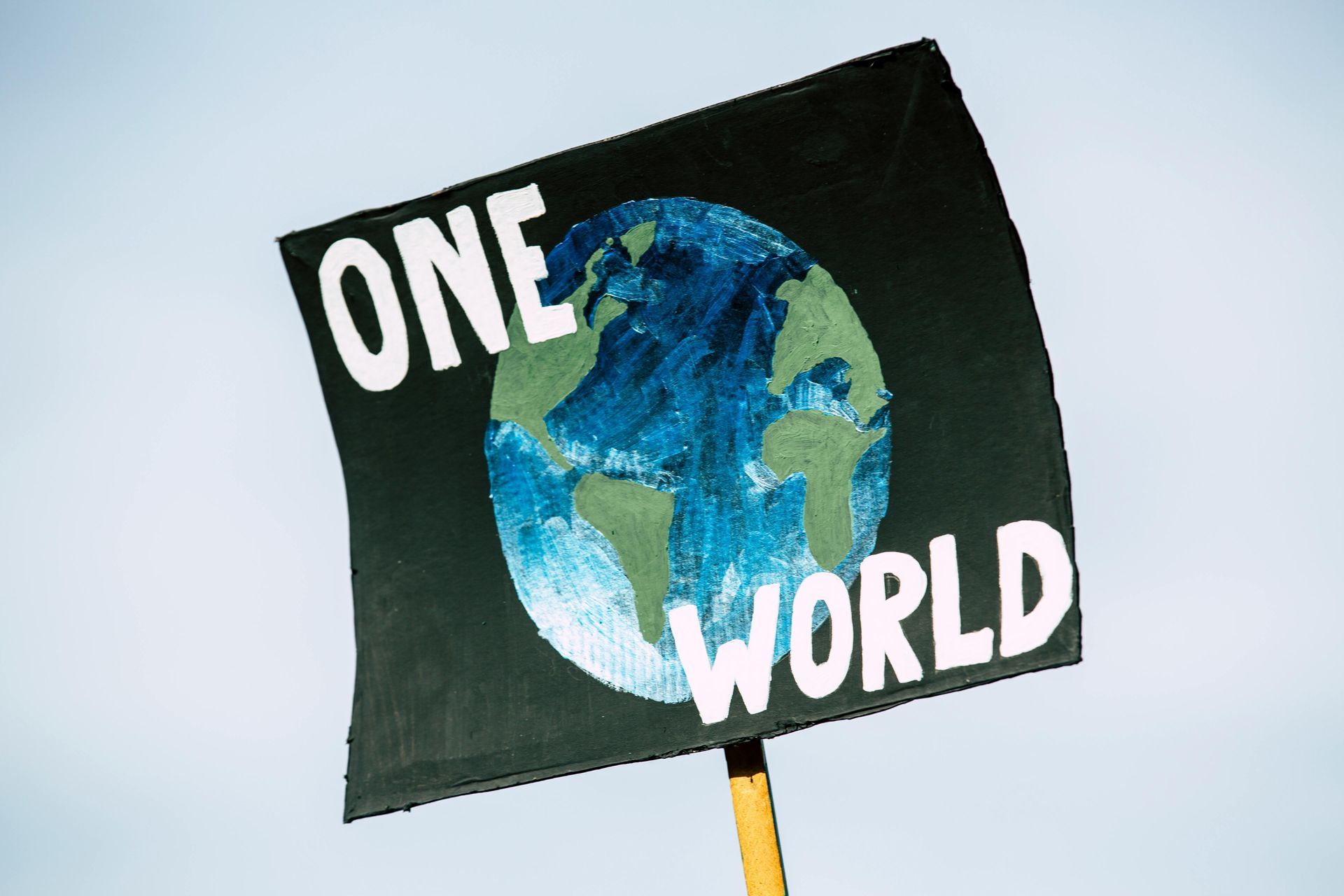Explore the potential impact of AI on the global workforce, with estimates suggesting 80 million jobs could be displaced by 2028.
Explore the future of artificial intelligence with this insightful guide!.
AI advancements could lead to the displacement of 80 million jobs worldwide by 2028. Learn more about this transformative shift in the job market.
Exploring the Potential Impact of AI on the Global Workforce: A Prelude to 80 Million Jobs Displaced by 2028
The advent of artificial intelligence (AI) marks the beginning of a new era in the global job market, one that promises to reshape how we as a society conceptualize work and employment. A fascinating, yet daunting, estimate suggests that by 2028, around 80 million jobs could be displaced due to AI-driven automation. While this number paints a compelling picture of the future, it also poses critical questions about the implications of such a disruptive force on the global workforce.
Understanding Possible Displacement
The prospect of AI replacing human labor isn't a far-fetched idea. Machines are being designed and taught to handle tasks that are routine, predictable, or require a high degree of precision—qualities inherent in many jobs today. From manufacturing to data analysis, healthcare to logistics, AI is expanding its reach, promising efficiency and unparalleled productivity. However, this potential efficiency comes with the cost of reducing the need for human workers in specific roles.
Industries at the Forefront of Change
- Manufacturing and Production: AI and robotics have already revolutionized the manufacturing industry, with many factories employing machines for tasks ranging from assembly to packaging. As AI systems become more sophisticated, their roles within these settings are expected to expand.
- Transportation: Self-driving vehicles are poised to transform industries such as trucking and delivery. As companies continue to invest in autonomous technology, the need for human drivers is anticipated to decline significantly.
- Retail: Automated checkouts and chatbots are examples of AI already at work in the retail sector. As e-commerce continues to grow, AI will play a pivotal role in inventory management, sales forecasting, and customer service.
Finance: Predictive analytics, fraud detection, and transaction automation are a few areas where AI is making significant headway. These advancements may reduce the need for traditional roles in data entry and analysis.
Opportunities Amidst Challenges
While AI does pose a threat to certain jobs, it's also important to recognize the potential for new opportunities. As technology evolves, so too do the roles and types of jobs available in the market. Here are a few ways AI is expected to create new opportunities:
- Emergence of New Job Categories: As AI becomes more integrated, new roles, such as AI maintenance specialists, data scientists, and ethicists, may emerge to support and guide the responsible deployment of AI technologies.
- Re-skilling and Up-skilling: The global workforce may witness an unprecedented demand for re-skilling and up-skilling. Workers transitioning from roles that have been displaced by AI will have the chance to acquire skills relevant to the new job landscape.
- Enhanced Roles: Many jobs will evolve rather than disappear entirely. AI can take over menial tasks, allowing workers to focus on strategic, creative, or complex problem-solving activities that require a human touch.
Navigating the Transition
Governments, educational institutions, businesses, and workers themselves all have pivotal roles to play in navigating the transition toward an AI-driven landscape. Policymakers need to anticipate changes and implement strategies such as social safety nets, incentives for continuous learning, and legislation that promotes ethical AI use. Meanwhile, organizations should invest in training programs that help bridge the skill gap, ensuring their workforce is adaptable to technological changes.
Conclusion
AI's influence over the global workforce is a double-edged sword. While the potential for displacing 80 million jobs by 2028 is significant, it is also vital to focus on the transformative capabilities AI holds for creating an advanced, efficient economy. A proactive approach focusing on preparedness, adaptability, and collaboration will be key in ensuring that AI serves as a tool for enhancement rather than mere replacement. As society embraces the rise of AI, it is the alignment of human creativity with technological prowess that will determine the triumph of this new industrial paradigm.







